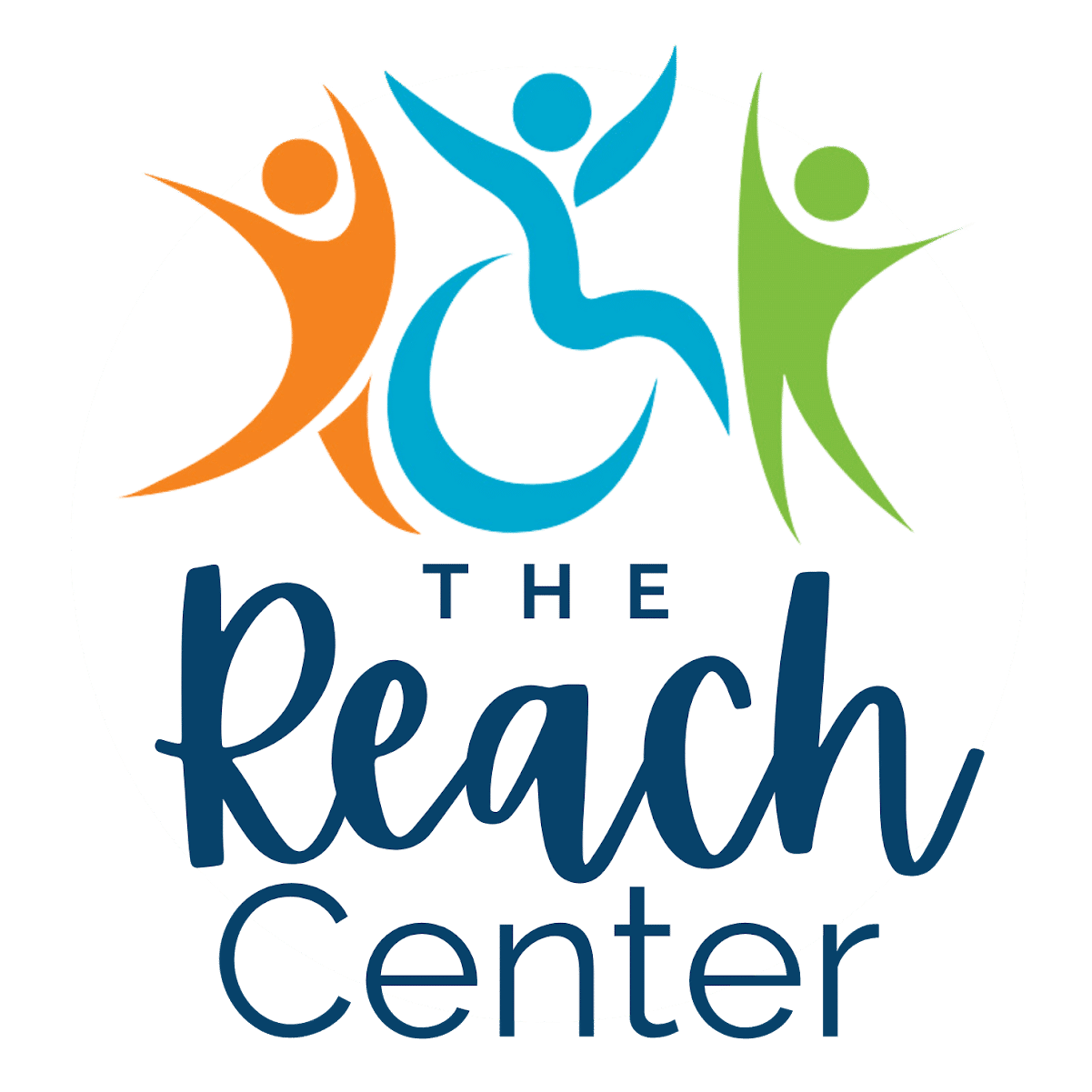Adults with cerebral palsy and other childhood disabilities can benefit from rehabilitation treatments that focus on improving their physical abilities, self-care skills, communication skills, higher-level independent living skills and overall quality of life. Under the care of a physiatrist, many adults benefit from rehabilitation therapies including physical therapy, speech therapy, occupational therapy, vocational rehabilitation and social work services. Many people continue to benefit from bracing, equipment and assistive technology to help them live more independently.
Progression of symptoms in adulthood
Some childhood disabilities, such as Duchenne Muscular Dystrophy (DMD), are progressive, resulting in decline in function over time. This results in changing rehabilitation needs with age. Other childhood disabilities, such as cerebral palsy, are not progressive, but tend to present with different problems with age. As a person grows, their body changes and we see an evolution of their function. In some cases with age comes functional decline. This is important to monitor for and address with interventions such as those mentioned above.
In addition to functional changes, musculoskeletal pain is common in adults with childhood disabilities such as cerebral palsy primarily due to atypical biomechanics (how you move your body) and the impact that it has on joints, muscles, tendons and ligaments.
Treatments for adults
There is no one-size-fits-all method to managing childhood disabilities in adulthood – every individual must find what works best for them based on their specific needs. However, a number of rehabilitation treatments and therapies are available to help these adults live as independently as possible. Therapies include:
- Physical therapy to improve strength, range of motion and coordination with goals of functional mobility such as walking and transfers. It can also be helpful in joint preservation techniques and improving biomechanics of movement to improve pain.
- Occupational therapy to improve fine motor skills, activities of daily living (dressing, bathing, toileting, feeding) as well as higher-level skills such as food preparation.
- Speech therapy to help improve speech and communication skills as well as swallowing.
- Cognitive rehabilitation to improve thinking skills and memory. This may relate to skills like money management.
- Assistive devices, such as a wheelchair or a walker, can help adults stay mobile, safe and as independent as possible.
- Vocational rehabilitation can help people develop skills for participating in a work environment.
- Support groups or social activities with others with childhood disabilities can allow people to connect with others with similar experiences.
